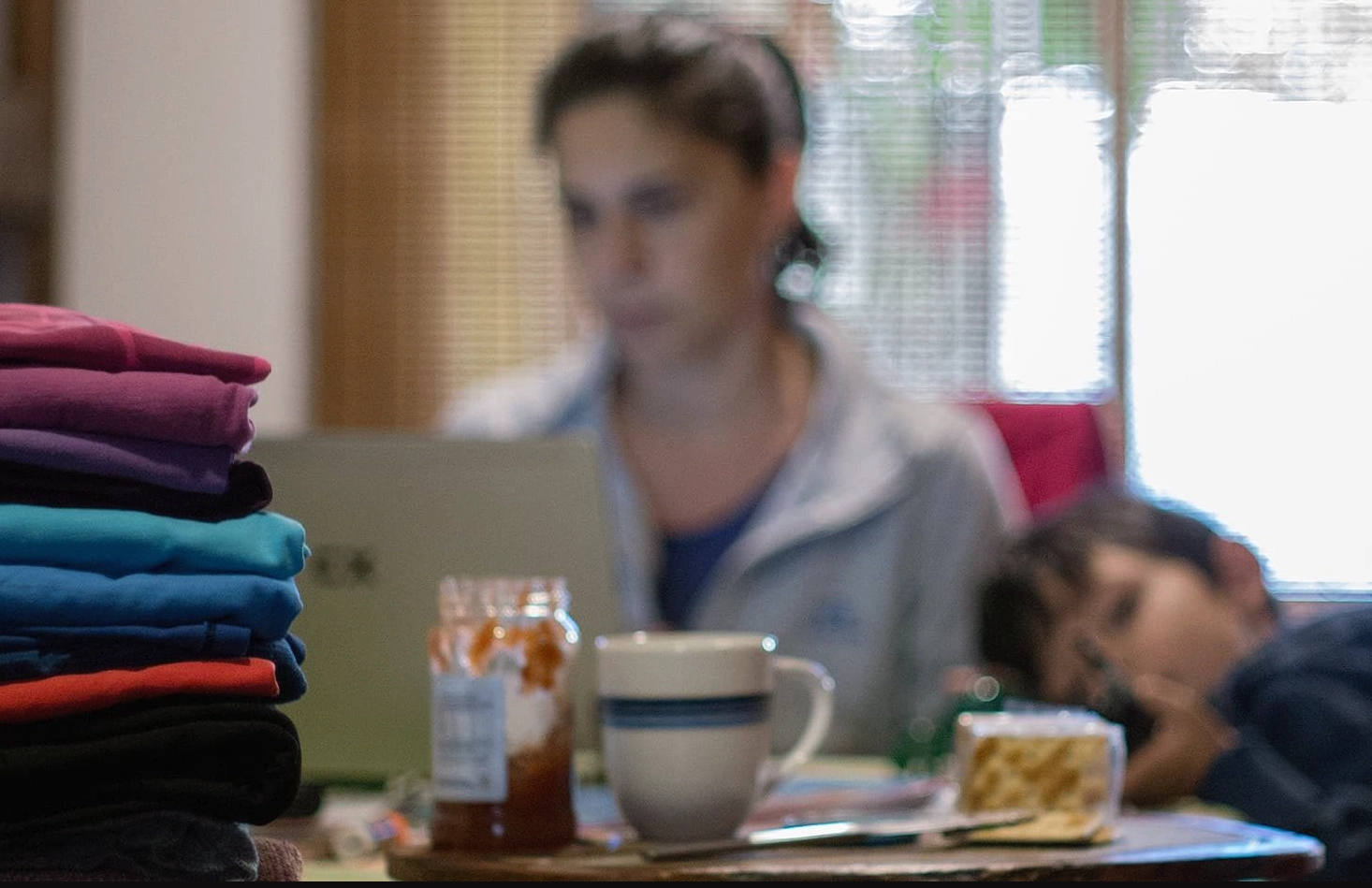From March 12 to 15, 2024, at the Inter-American Court of Human Rights, a public hearing took place to receive oral arguments on the right to care. The request, which the former Argentine government had made in January 2023, received 49 observations from civil society organizations, 34 from academic institutions, and another 24 from individuals, which shows the interest that exists in having legal standards on the matter.
Care refers to the material and immaterial, public and private, physical and emotional needs inherent to the reproduction of life. It is necessary to account for the autonomous nature of the right to care as an essential component of well-being and as a fundamental pillar for a life of dignity and development throughout the life cycle of individuals. In this sense, the dimensions of this right are understood from the reception of care, as well as the provision of care and self-care.
Based on the debates and conceptual positions of experts in the field, care can be summarized as the activities carried out in the domestic sphere (although not exclusively) of attention and protection that we perform to maintain, repair, and perpetuate our world from and for the well-being of lives and the environment. Currently, due to the naturalization of the sex-based division of labor, this activity is mostly carried out by women, girls, and feminized bodies.
Although no specific legal instrument harmonizes the standards and dimensions of the right to care, it has been identified that multiple dimensions of this right are contained in various instruments of international law. Addressing this situation is fundamental, as the dispersion of the right to care can result in defenselessness, such as the current, notorious and historical lack of compliance with state obligations.
In this context, Oxfam’s Regional Platform for Latin America and the Caribbean put on the table at the hearing the need to democratize the debate on taxation for an inclusive, sustainable, and feminist global taxation that affects the right to care. The proposal seeks to make visible the principle of maximum available resources, included in Article 26 of the American Convention on Human Rights, based on a progressive and intersectional interpretation.
In its argumentation, Oxfam ratified the need to implement an intersectional approach to understand the multiple dimensions that constitute inequality, which has differentiated implications with complex intersections based on sex, race, social class, sexual orientation and gender identity, age, ethnicity, migratory status, geographic location, political orientation, among many others.
The Court itself identifies it in this way in the Case of Gonzáles Lluy et al. v. Ecuador, where it highlights the intersection of multiple factors that determine a unique situation of discrimination, which would not have existed as such if any of them had been absent, and deepens this position in the cases of Rosendo Cantú et al. v. Mexico; Workers of Hacienda Brasil Verde v. Brazil and Vicky Hernández et al. v. Honduras.
In this regard, the Court is not unaware that, as Oxfam points out in the report The Law of the Richest, “Latin America and the Caribbean has become a more unequal, impoverished and much more socially and politically polarized region”, and that the multiple crises (such as the one caused by COVID-19 but also the climate, food and migratory crises) affect people in a differentiated manner.
The report states that from March 2020 to the end of 2022, inequality, poverty, and social gaps have increased considerably in Latin America and the Caribbean. Compared to the 21% growth in wealth of the billionaires, the real wages of the majority of the population have lost a tenth of their value; and 32% of the total population lives in poverty, of which 13% in extreme poverty. By the end of 2022, food insecurity affected four out of every ten people in the region.
For this reason, the Court itself has analyzed both the social context and the measures to be taken to effectively guarantee rights. This is reflected in the Case of Cuscul Pivaral et al. v. Guatemala, where it is recognized that despite the methodological and normative challenges, “the Court cannot stand aside in the face of the serious problem of inequality, inequity and social exclusion that prevails in the region and the lack of protection in the area of ESCR, especially for the most vulnerable groups. Therefore, the dimensions of immediate enforceability and progressiveness must be addressed.
As an indirect consequence of this economic model based on extractivism, according to the ECLAC and United Nations study The Care Society, investment deteriorates “due to higher levels of uncertainty […] and implies drastic changes in fiscal revenues”. This limits public investment and equality-oriented policy initiatives, such as care policies. Moreover, when the gender approach is not considered in macroeconomic policies, it is women who, during crises, end up cushioning their impact through unpaid domestic and care work.
Finally, the emphasis of this contribution was concentrated in the report on tax justice and specifically on the principle of maximum available resources, as an objective for guaranteeing rights. It is committed to tax systems guided by the principles of progressivity, transparency and equity, and public financing where life is at the center of public decisions.
*Translated by Janaína Ruviaro da Silva from the original in Spanish.














